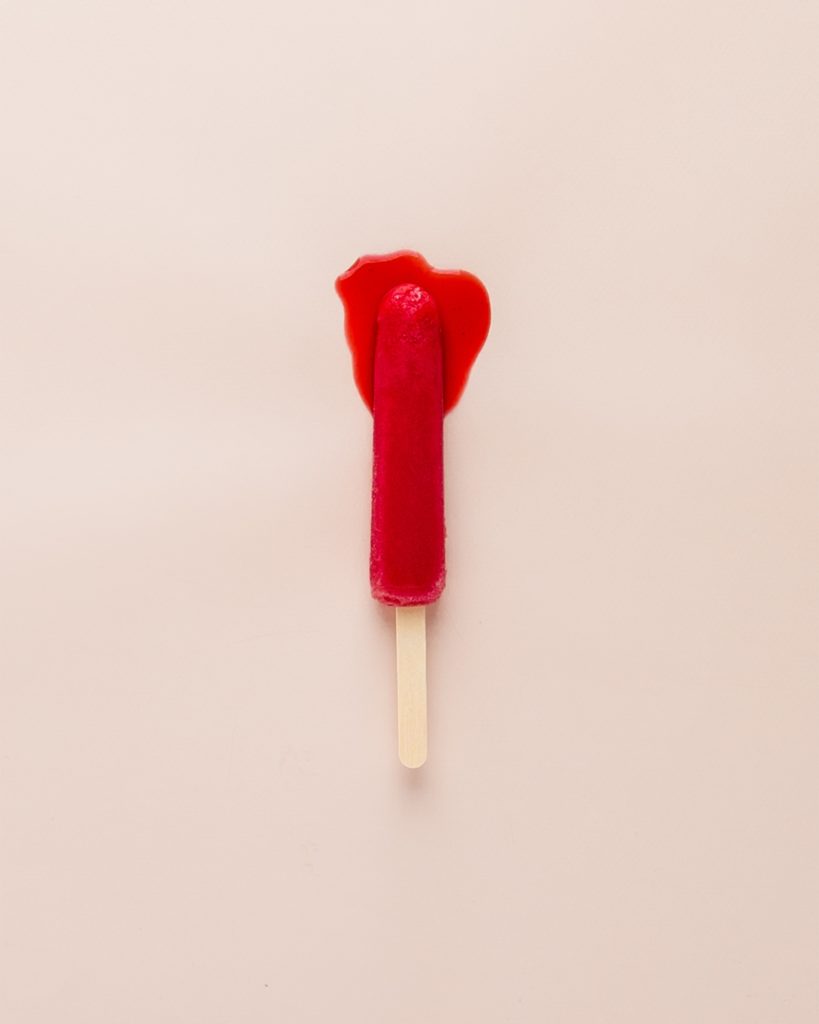MENOPAUSAL?
The subject is huge and complex.
When we use the term ‘menopausal’ what we really mean is peri-menopausal, because the true menopause phase is a year or so after a woman has her final menstrual period.
For some women it can be a really difficult time both emotionally and physically.
With it may come a sense of ones youth disappearing with the onset of troublesome changes and changes that perhaps feel too taboo to talk about and share.
A sadness may arise because a chapter is closing and another beginning. But it can be embraced with the right help and understanding.
MENOPAUSAL SYMPTOMS
You may experience any of the following –
- ANGER
- IRRITABILITY
- FORGETFULNESS
- TEARFUL EPISODES
- MOOD SWINGS
- DEPRESSION
- LACK OF LIBIDO
- ANXIETY
- HOT FLUSHES
- INSOMNIA
- LOW SELF ESTEEM
- VAGINAL DRYNESS
- JOINT PAIN
- ALLERGIES
- BLOATING
- CONSTIPATION
- BREAST TENDERNESS
- IRREGULAR MENSTRUAL CYCLE
- PALPITATIONS
- THINNING HAIR
- EXTRA WEIGHT AROUND THE MIDDLE
- FEELING UNABLE TO COPE
- DRY SKIN
WHAT JUST HAPPENED!
Popular medical opinion is that when women enter this transition they are facing a disease of ‘oestrogen insufficiency’ resulting in ovarian failure. But oestrogen doesn’t decrease appreciably until after a woman’s last period.
The symptoms mentioned above are due to hormone imbalance. Commonly there is sufficient or too much oestrogen, but insufficient progesterone which can lead to thyroid insufficiency and associated symptoms. Many women go in to the menopausal phase oestrogen dominant and so care should be taken when considering oestrogen therapy.
Progesterone deficiency is a complex of stress disorders which include excess iron (only supplement with iron under strict advice, don’t assume tiredness is low iron), high cortisol (stress hormone) and low thyroid.
Many women entering the peri-menopause phase are already exhausted due to pressured lifestyles, nutritional deficiencies, poor sleep patterns and stress and so are running on empty, lacking the raw materials to produce adequate hormones.
START BALANCING HORMONES WITH BREAKFAST
Begin the day with a protein breakfast to nourish the liver so it can do its job properly, detoxifying any excess oestrogen. Eggs are a superfood in their own right and combined with a carbohydrate (sourdough toast) and some good quality fat (butter or coconut oil) will set you up for the day. Choline, an ‘essential’ nutrient found in eggs is critical for a number of functions including metabolism, neurotransmitter synthesis, cell structure, brain function, methylation and maintaining healthy liver function. You can see how it is a perfect food, only lacking vitamin C.
A Mediterranean type breakfast can also be very supportive. Eg. easy to digest fruits like melon or mango with cheese, dried figs and perhaps a few walnuts.
If you have sluggish bowels a breakfast of soaked seeds and nuts blended with fruit can be very effective. Flax (Linseed) appears to be particularly effective at reducing hot flushes and protective against breast cancer. See this recipe here.
“Normally, the liver treats estrogen like a poison, removing it immediately from the body. If the liver gets sluggish from malnutrition or too much estrogen (or other damage), it can allow the hormone to build up to very high levels” – Ray Peat, PhD
A CARROT A DAY ……
 Chronic constipation, and stress which decreases blood circulation in the intestine can increase the liver’s exposure to endotoxins (bad bacteria) which in turn cause the oestrogen concentration in the blood to rise.
Chronic constipation, and stress which decreases blood circulation in the intestine can increase the liver’s exposure to endotoxins (bad bacteria) which in turn cause the oestrogen concentration in the blood to rise.
A daily raw grated carrot drizzled with olive or coconut oil helps to detox the bowel and so lower oestrogen. The raw carrot fibre helps lower the amount of bad bacteria in the gut.
Bad bacteria creates a chronic burden for the liver, keeping it from its regular job of processing and regulating hormones.
Carrot salad improves the ratio of progesterone to oestrogen and cortisol.
LIVER FUNCTION IS VITAL FOR HORMONE BALANCE
If you have any of the following your liver may need supporting –
- Stomach upset by greasy food
- Light or pale coloured stools
- Pain between the shoulder blades
- Gall bladder attacks
- Easily hungover
- Easily intoxicated when drinking alcohol
- Bitter taste in the mouth after eating
Milk thistle, bitter salads, digestive bitters, kale, coffee and artichokes all support liver health.
SUPPORTIVE HERBS AND SUPPLEMENTS FOR MENOPAUSAL SYMPTOMS
Shatavari capsules
Chaste tree (Agnus castus) – we find that 1ml taken in a little water on rising is sufficient.
Additional considerations
For more information please seek advice from your healthcare provider.

Share:
Summer Lavender and Lemon Cordial Recipe
Cracks at the Corner of the Mouth